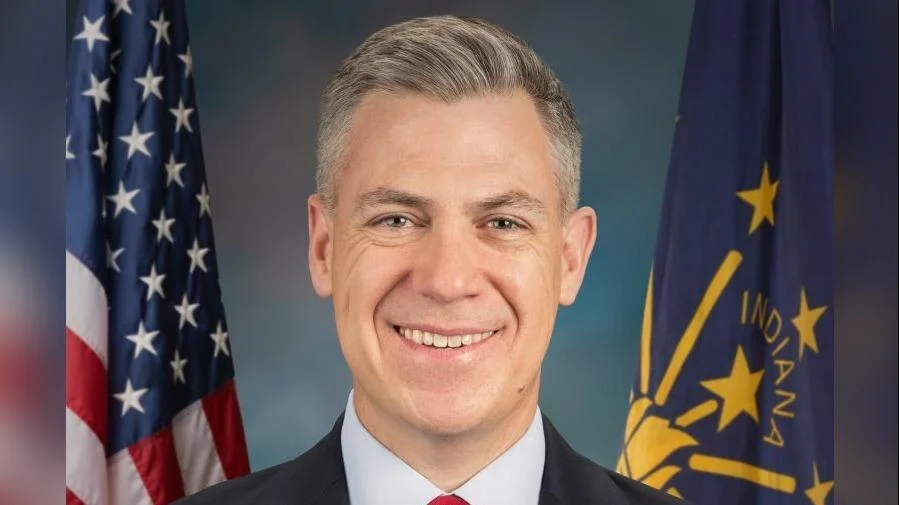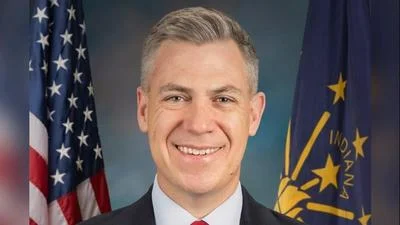Jim Banks, U.S. Senator | https://www.banks.senate.gov/
Jim Banks, U.S. Senator | https://www.banks.senate.gov/
Senator Jim Banks, a Republican representing Indiana in the U.S. Senate, posted a series of statements on his social media account addressing recent legal, economic, and national security issues.
On August 6, 2025, Senator Banks commented on a recent court decision: "BIG WIN: The 7th Circuit just ruled in favor of an Indiana teacher forced to quit his job for not using pronouns. Thank you to @ADFLegal for taking this case. It’s time to pass my Restoring Biological Truth in the Workplace Act. No one should lose their job for believing". The senator expressed support for the Alliance Defending Freedom (ADF Legal) and advocated for legislation he sponsors called the Restoring Biological Truth in the Workplace Act.
Later that day, Banks addressed economic predictions made during previous presidential administrations. On August 6, 2025, he wrote: "Empty shelves Massive recession 10%+ inflation The Experts were wrong, and President Trump was right." This statement reflects ongoing political debate about the accuracy of economic forecasts related to supply chain disruptions and inflation during Donald Trump's presidency.
On August 7, 2025, Senator Banks raised concerns regarding leadership changes at Intel Corporation following significant federal investment through semiconductor legislation. He stated: "Intel has received $8 billion in grants from the CHIPS Act, so elevating a CEO with deep ties to Chinese companies (including Chinese chip design companies) raises major concerns." The CHIPS Act is designed to bolster domestic semiconductor manufacturing by providing subsidies and incentives to U.S.-based chipmakers.
The Seventh Circuit Court's ruling referenced by Senator Banks involves workplace rights and freedom of belief regarding gender identity issues—a topic that has generated legal challenges across several states.
The CHIPS Act was enacted in response to global semiconductor shortages and aims to strengthen U.S. technological competitiveness amid growing concerns over China's influence in critical technology sectors.






 Alerts Sign-up
Alerts Sign-up